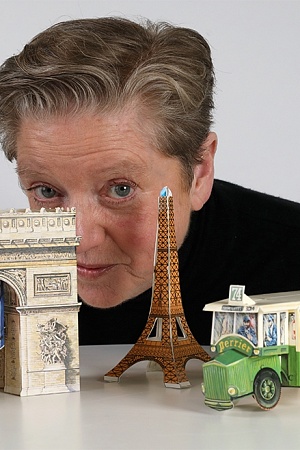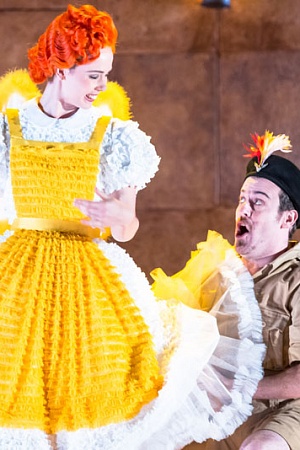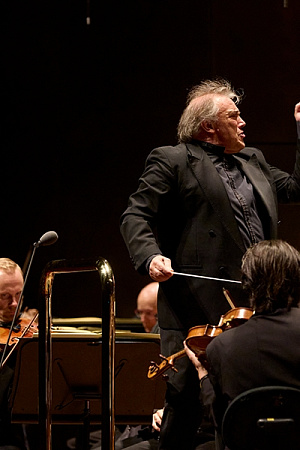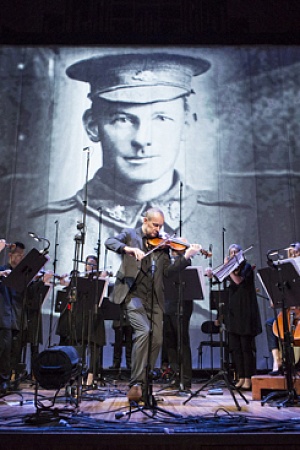Judas Maccabæus (St. George’s Cathedral Consort)
Airings of Handel's Judas Maccabaeus are now so rare it is easy to forget that it was, in the composer's day and along with Messiah and perhaps Samson, among his most frequently performed oratorios. Nobody present at this electrifying account by a stellar quartet of soloists, the St George's Cathedral Consort, and The Musicians' Table orchestra under the direction of Joseph Nolan would have been left doubting it deserves to regain its former popularity.
Handel wrote Judas Maccabaeus in 1746 in praise of Prince William, duke of Cumberland, who had led the Hanoverian armies to victory over the Jacobite rebels at the Battle of Culloden in April that year. Reverend Thomas Morell's libretto, which draws largely on I Maccabees, recounts the people of Judea's struggle, after the death of their rebellious priest Mattathias and the assumed leadership of the latter's son Judas, to throw off the yoke of the Seleucid Empire's occupying forces. Judas Maccabaeus received its first performance on 1 April 1747 at Covent Garden and was an immediate success.
Continue reading for only $10 per month. Subscribe and gain full access to Australian Book Review. Already a subscriber? Sign in. If you need assistance, feel free to contact us.











Leave a comment
If you are an ABR subscriber, you will need to sign in to post a comment.
If you have forgotten your sign in details, or if you receive an error message when trying to submit your comment, please email your comment (and the name of the article to which it relates) to ABR Comments. We will review your comment and, subject to approval, we will post it under your name.
Please note that all comments must be approved by ABR and comply with our Terms & Conditions.